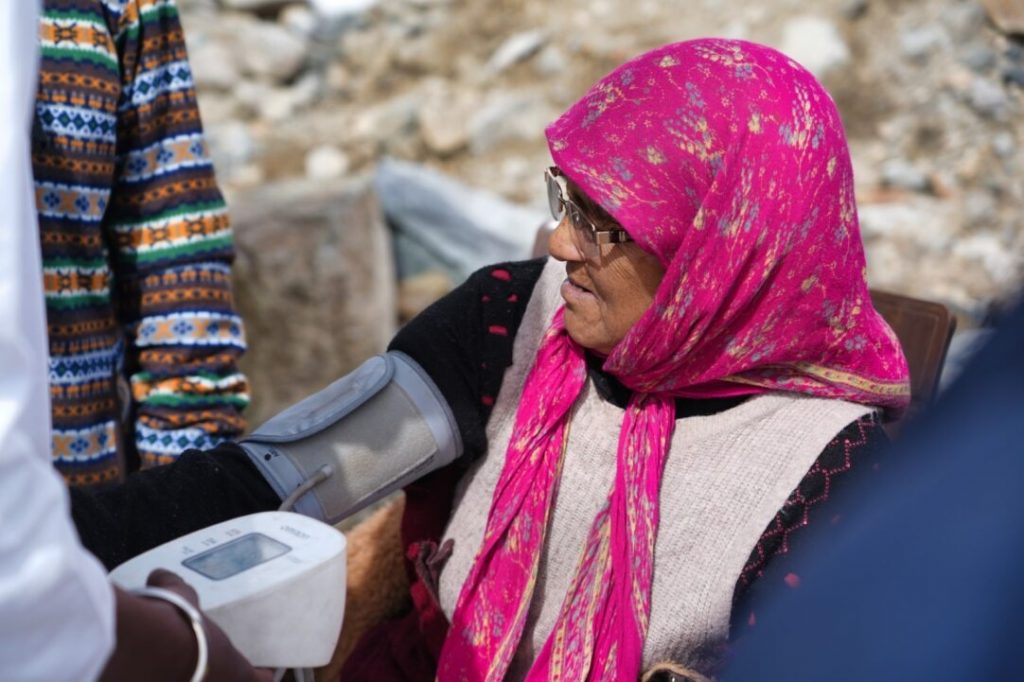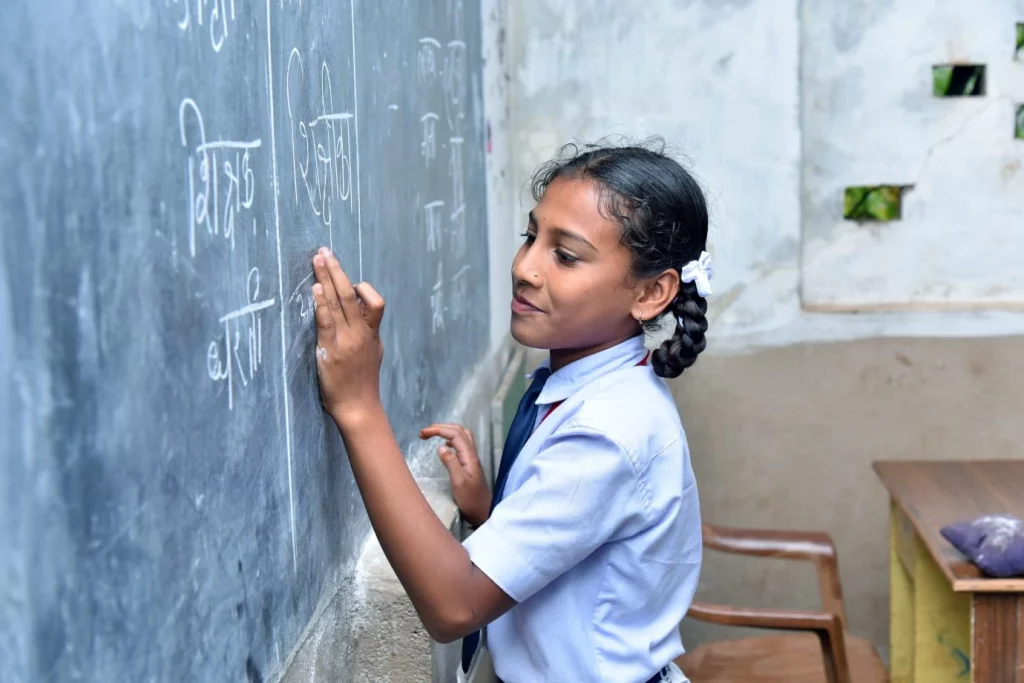Teachers are the backbone of any education system, shaping not just individual lives but entire generations. In India, where higher education is expanding at an unprecedented pace, the role of teachers is more critical than ever. Yet, the education system is struggling with a significant crisis—graduates who are not employable. Studies indicate that 80% of Indian engineering graduates are unfit for industry roles, raising serious concerns about the effectiveness of our higher education system. Despite reforms, including the National Education Policy (NEP) 2020, which aims to modernise curricula and enhance skill-building, a fundamental issue persists: the declining influence of teachers in higher education.
With online education and commercial coaching centers on the rise, traditional teacher-student relationships are weakening, reducing mentorship opportunities. While technology offers accessibility and convenience, it cannot replace the irreplaceable human element of teaching. If India aspires to be a global leader in innovation and economic development, it must prioritise the training, motivation, and support of teachers in higher education. Investing in teacher development is not just about improving employability—it’s about securing India’s future.
The employability crisis
India produces nearly 50 million graduates every year, yet employers frequently cite a skills gap as a major hiring challenge. While the focus often remains on the IT and software sectors, over 60% of the workforce is employed in industries like construction, retail, healthcare, and personal services—sectors that demand practical expertise over theoretical knowledge. Despite the growing availability of platforms like NPTEL, SWAYAM, and Coursera, graduates still lack essential skills such as critical thinking, problem-solving, and hands-on experience.
The problem lies not just in the curriculum but also in the way it is delivered. Many universities remain theory-heavy, neglecting industry-relevant training. The disconnect between classroom learning and workplace requirements is one of the key reasons for India’s alarming graduate unemployment rates. Without effective teachers who can bridge this gap, even the best curriculum reforms will fail to produce work-ready graduates. A well-trained teacher does more than just impart knowledge—they equip students with the skills and adaptability needed to thrive in an evolving job market.
The diminishing role of teachers in higher education
For years and beyond, teachers have played a key role in shaping students’ careers, guiding them beyond textbooks. However, in India’s evolving education landscape, this influence is diminishing. While digital platforms have increased access to education, they have also reduced direct interactions between teachers and students. A report found that students felt disconnected from teachers in online learning environments.
Another significant factor contributing to the diminishing role of teachers is the overwhelming workload placed on faculty members. Many professors handle large class sizes, administrative tasks, and research commitments, leaving them with little time to provide individual mentorship. Another report revealed that teachers manage administrative duties alongside teaching, significantly limiting their availability for student guidance.
This erosion of teacher influence has long-term consequences. India must avoid this trajectory by reinforcing the importance of well-trained, well-supported educators who can guide students beyond textbooks and prepare them for the realities of the workforce.
Finding the missing link in skill building
Skill-building is a crucial but often neglected component of higher education. Employers frequently highlight deficiencies in communication, problem-solving, and technical proficiency among graduates. Despite the emphasis on STEM education, a significant number of engineering graduates still lack the practical experience needed for industry roles. The disconnect between academia and industry is widening, leaving students unprepared for job demands.
In countries like Germany, where vocational training is integrated into higher education, youth unemployment rates remain as low as 5-7%, compared to India’s 23% (CMIE, 2023). Universities in these countries ensure that students gain real-world experience through mandatory internships and apprenticeships. It is imperative for India to adopt a similar approach by strengthening its focus on experiential learning. Teaching methods should incorporate industry collaborations, internships, and hands-on projects to ensure students are job-ready.
Equally important is the training of educators themselves. A well-trained teacher can make theoretical concepts more practical and relatable. Faculty development programmes should be made mandatory, equipping educators with modern pedagogical techniques that blend academic rigour with industry relevance. This will allow teachers to pass these skills on to students, ultimately improving overall graduate employability.
Revitalising teacher-student relationships
A strong teacher-student bond fosters better learning outcomes, confidence, and career success. However, the teacher-student relationship in India has weakened over the years due to increasing reliance on self-learning and the lack of structured mentorship programmes. NEP 2020 acknowledges the importance of teacher quality, but more concrete efforts are required to bring meaningful change.
One of the critical steps is to reduce faculty workload. Countries with robust higher education systems, like Finland, allocate sufficient time for teachers to mentor students. In contrast, Indian faculty members are often burdened with multiple responsibilities, making it difficult for them to engage in one-on-one student mentoring. It is important for universities to create an environment where professors are not just lecturers but also guides who support students through academic and career challenges.
Incentivising quality teaching is another key measure. Unlike research, where faculty members receive recognition and funding, there are few incentives for university professors who excel in teaching. Recognising and rewarding educators who create engaging, impactful learning experiences can encourage better teaching practices across institutions.
India’s education system needs deeper policy interventions beyond NEP 2020 to drive meaningful change. Mandatory pedagogical training for university professors is essential to equip them with modern teaching methodologies. Competitive salaries and improved working conditions, as seen in Singapore and Finland, can attract and retain quality educators. It is equally crucial to strengthen academia-industry linkages.
Universities should collaborate with industry professionals to ensure practical, real-world exposure through industry-led courses, guest lectures, and apprenticeships. Without robust teacher development, India risks producing graduates who are formally educated but unemployable. By prioritizing our teachers, investing in pedagogy and mentorship, India can transform its higher education landscape, ensuring its graduates are not just degree-holders but skilled, industry-ready professionals.
What about Smile Foundation?
Smile Foundation enhances educators’ skills through comprehensive training programmes focused on modern teaching methodologies, classroom management, and supporting students’ emotional and social development. These initiatives aim to foster engaging and effective learning environments, ensuring that teachers are well-equipped to meet the diverse needs of their students.
In alignment with India’s National Education Policy (NEP) 2020, Smile Foundation emphasizes continuous professional development by organizing workshops and seminars that cover various aspects, including subject knowledge, pedagogical skills, classroom management, and the integration of technology in education. These programmes aim to cultivate critical thinking and adaptability among educators, preparing them to navigate the evolving educational landscape effectively.










